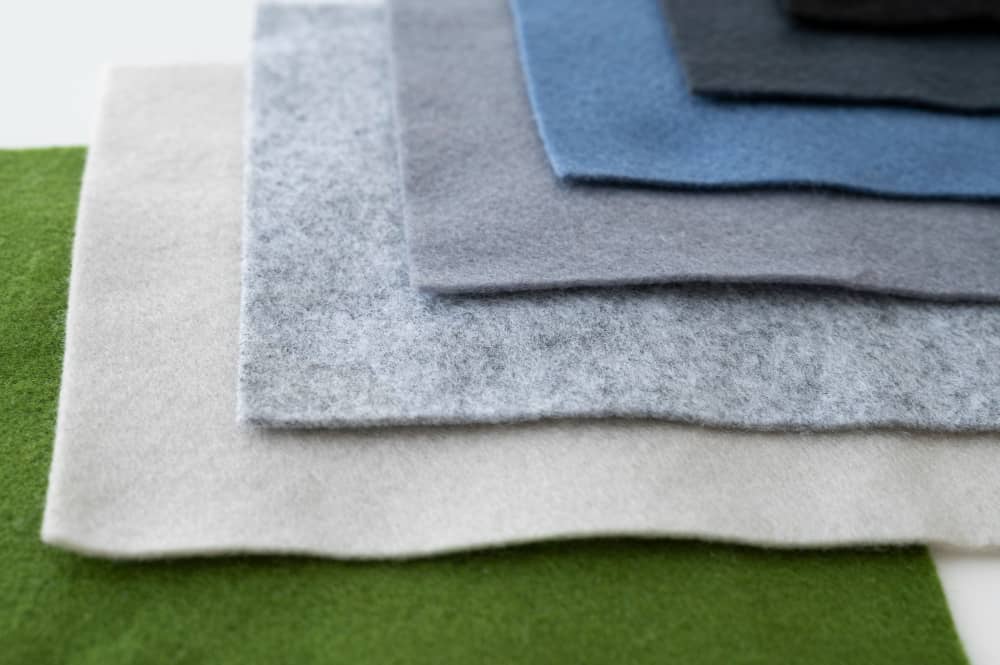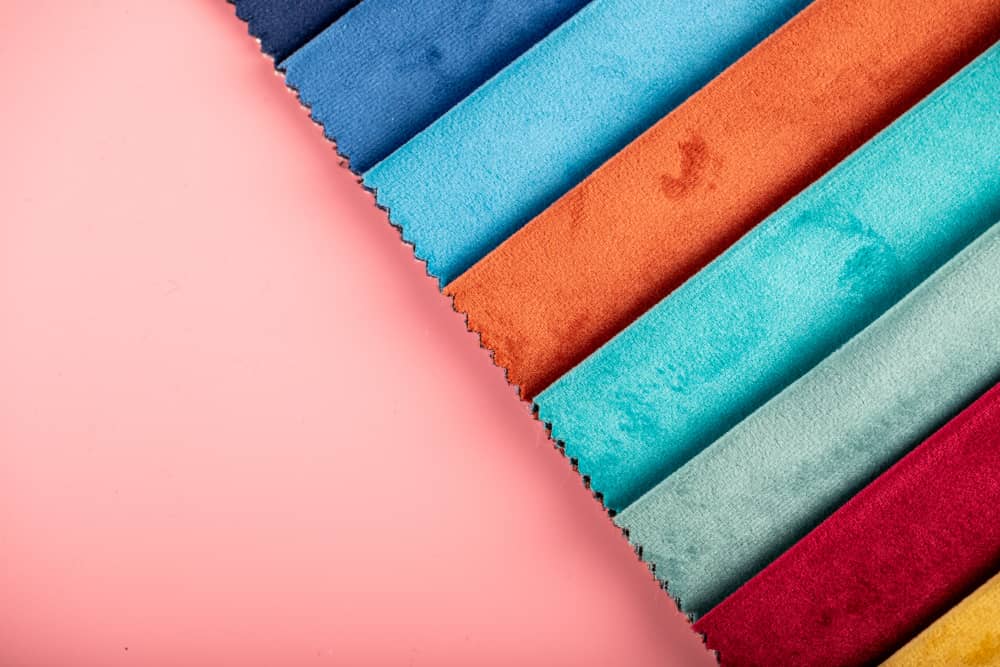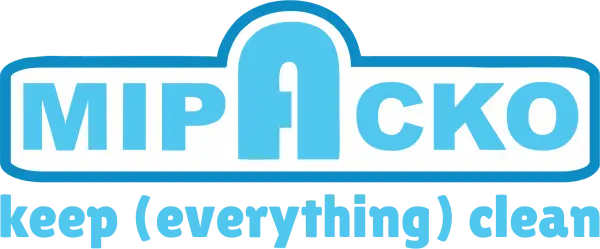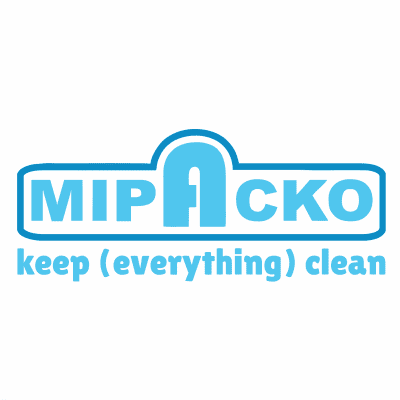Nylon fabric has revolutionized the world of cleaning and maintenance with its exceptional properties and versatility. As a crucial component of microfiber products, nylon brings a host of advantages that have made it a popular choice for various applications.
From enhanced absorbency and quick drying capabilities to superior durability and gentle cleaning power, nylon-based microfiber has become a go-to solution for effective and efficient cleaning tasks.
In this article, we will delve into the realm of nylon in microfiber, exploring its strengths, applications, care guidelines, and future prospects. Join us as we unravel the wonders of nylon fabric and its indispensable role in the world of microfiber technology.
– Understanding Microfiber Products
Microfiber products have gained significant popularity due to their exceptional cleaning abilities. Microfiber is a synthetic material made from ultra-fine fibers, typically a blend of polyester and polyamide (nylon). These fibers are incredibly thin, even finer than a human hair, allowing them to trap and remove dirt, dust, and debris effectively. Microfiber products are known for their high absorbency, softness, and durability.
Read More : What is Microfiber
– Exploring the Role of Nylon Fabric
Nylon, a type of polyamide fiber, plays a vital role in the composition and performance of microfiber products. Manufacturers often include nylon in the fabric blend alongside polyester to enhance the qualities of the fabric.The unique properties of nylon contribute to the overall effectiveness and durability of microfiber products. Nylon fibers add strength and resilience to the fabric, making it more resistant to wear and tear. Additionally, nylon improves the fabric’s absorbency, allowing it to soak up moisture more efficiently. This combination of polyester and nylon creates a versatile and high-performing material for various cleaning and wiping tasks.
The Strengths of Nylon Fabric in Microfiber Products

– Enhanced Absorbency and Quick Drying
Nylon fabric in microfiber products contributes to their exceptional absorbency. The ultra-fine nylon fibers have a high surface area, allowing them to efficiently capture and retain moisture, spills, and liquids. This makes microfiber towels and cloths ideal for cleaning tasks that require effective absorption, such as drying dishes, wiping spills, or mopping up surfaces. Furthermore, nylon’s moisture-wicking properties enable microfiber products to dry quickly, reducing the risk of bacterial growth and unpleasant odors.
– Superior Durability and Longevity
Nylon fibers are known for their strength and durability. When incorporated into microfiber products, nylon enhances their resistance to wear and tear. The robust nature of nylon ensures that microfiber towels and cloths can withstand repeated use and frequent washing without losing their effectiveness or structural integrity. This longevity makes them a cost-effective choice compared to traditional cleaning materials that may need to be replaced more frequently.
– Gentle and Non-Abrasive Cleaning
Nylon fabric in microfiber products offers a gentle and non-abrasive cleaning experience. The ultra-fine nylon fibers have a smooth and soft texture, making them safe to use on delicate surfaces without causing scratches or damage. Whether you’re cleaning glass, electronics, or sensitive materials, microfiber products with nylon fabric provide an effective yet gentle solution that won’t leave behind lint or streaks.
– Versatility in Various Applications
The versatility of microfiber products with nylon fabric is another notable strength. From household cleaning to automotive detailing, these products excel in a wide range of applications. Their absorbency, softness, and durability make them suitable for cleaning surfaces, removing dust, polishing, and even drying hair. Whether it’s in the kitchen, bathroom, living room, or outdoor activities, microfiber products with nylon fabric are reliable companions for tackling various cleaning tasks.
The Connection between Nylon Fabric and Microfiber

– Exploring the Composition of Microfiber
Microfiber, a synthetic fabric composed of ultra-fine fibers, typically combines polyester and polyamide (nylon) materials. This combination creates a unique and highly functional fabric widely used in various industries, including cleaning, textiles, and automotive.
– Unveiling the Nylon Fabric Component in Microfiber Products
Nylon, as a component of microfiber, plays a crucial role in enhancing the performance and functionality of microfiber products. It brings several beneficial characteristics to the fabric, making it even more effective for its intended applications.
Firstly, nylon contributes to the overall strength and durability of microfiber. The nylon fibers are known for their exceptional tensile strength, which makes the fabric resistant to tearing and breaking. This ensures that microfiber products can withstand rigorous use and frequent washing without losing their effectiveness.
Secondly, nylon enhances the absorbency of microfiber. The ultra-fine nylon fibers have a high surface area, allowing them to efficiently capture and hold onto moisture, dirt, and debris. This enables microfiber products to effectively absorb and trap particles, making them highly efficient for cleaning tasks.
Additionally, nylon brings a soft and smooth texture to microfiber products. The fine fibers glide effortlessly over surfaces, providing a gentle and non-abrasive cleaning experience. This makes microfiber with nylon fabric suitable for delicate surfaces like glass, electronics, and even sensitive skin.
The presence of nylon in microfiber also contributes to its quick-drying properties. Nylon fibers have inherent moisture-wicking capabilities, allowing them to release moisture quickly and facilitate faster drying times. This helps to prevent the growth of mold and mildew on the fabric.
Applications of Nylon-based Microfiber Products
– Cleaning and Polishing Surfaces
Microfiber products that incorporate nylon fabric are widely used for cleaning and polishing surfaces in various settings. The ultra-fine nylon fibers provide excellent cleaning power, allowing the microfiber to effectively remove dirt, dust, and grime from surfaces without leaving behind streaks or scratches. Whether it’s cleaning windows, mirrors, countertops, or furniture, nylon-based microfiber products deliver superior results, leaving surfaces spotless and shiny.
– Absorbing and Drying Tasks
Nylon-based microfiber excels in absorbing and drying tasks due to its enhanced absorbency and quick-drying properties. Microfiber towels, cloths, and mops with nylon components are highly effective in absorbing spills, moisture, and excess water from surfaces. They can quickly soak up liquids and leave surfaces dry and streak-free. These microfiber products are ideal for cleaning up spills in the kitchen, drying dishes, or mopping up floors, providing efficient and hassle-free solutions.
– Personal Care and Beauty Applications
Microfiber products with nylon fabric are not only useful for cleaning tasks but also find applications in personal care and beauty routines. Nylon-based microfiber towels, face cloths, and hair wraps are gentle on the skin and hair, making them ideal for facial cleansing, makeup removal, and hair care routines. The soft and plush texture of the microfiber, combined with the absorbency of nylon, helps to effectively remove impurities and excess moisture, leaving the skin and hair feeling fresh and clean.
Furthermore, nylon-based microfiber products are often used in the beauty industry for applying and removing cosmetics. The fine fibers provide a smooth and gentle touch, ensuring even and effortless application of makeup products. When it comes to makeup removal, nylon-based microfiber cloths can effectively remove makeup without the need for harsh chemicals, making them an eco-friendly and skin-friendly alternative.
Care and Maintenance of Nylon Microfiber Products
– Washing Guidelines for Nylon-based Microfiber
Proper washing is essential to maintain the performance and longevity of nylon-based microfiber products. Here are some guidelines to follow when washing these products:
- Check the manufacturer’s instructions: Always refer to the care instructions provided by the manufacturer. They may have specific recommendations regarding water temperature, detergent types, and any additional precautions.
- Separate from other fabrics: It’s advisable to wash nylon-based microfiber products separately from other fabrics to prevent lint transfer or potential damage to delicate items.
- Use mild detergent: Opt for a mild detergent that is free from bleach, fabric softeners, and harsh chemicals. These additives can affect the performance and absorbency of the microfiber.
- Wash in cold or warm water: Nylon-based microfiber products can typically be washed in cold or warm water. Avoid hot water, as it can damage the fibers and cause them to lose their effectiveness.
- Gentle cycle: Use a gentle or delicate cycle on your washing machine to prevent excessive agitation, which can cause the fibers to break down or become less effective over time.
- Avoid using fabric softener: Fabric softeners can leave a residue on the microfiber, reducing its absorbency and cleaning power. It’s best to avoid using fabric softeners when washing nylon-based microfiber products.
- Air drying is preferable: To maintain the quality of the microfiber, air drying is often recommended. Hang or lay the products flat to dry naturally. If using a dryer, use a low heat setting to prevent damage to the fibers.
Read More : Why Microfiber Eco-Friendly?
– Tips for Extending the Lifespan of Microfiber Products
- Avoid using harsh chemicals: While microfiber is generally durable, harsh chemicals such as bleach or abrasive cleaners can damage the fibers. Stick to gentle cleaning solutions and avoid using products that contain bleach or ammonia.
- Store properly: After use, allow the microfiber products to dry completely before storing them. Store them in a clean and dry area to prevent moisture buildup and the growth of mold or mildew.
- Avoid excessive heat: High temperatures can damage the microfiber fibers. Avoid exposing the products to excessive heat, such as direct sunlight or placing them near heat sources.
- Regularly inspect for damage: Check the microfiber products regularly for any signs of damage, such as frayed edges or worn-out fibers. Replace any damaged or heavily worn items to ensure optimal performance.
- Avoid using fabric softener or dryer sheets: Fabric softeners and dryer sheets can leave a coating on the microfiber, reducing its absorbency and cleaning ability. It’s best to avoid using these products when caring for nylon-based microfiber.
The Future of Nylon Fabric in Microfiber Technology

As technology continues to advance, so does the development of nylon-based microfiber products. Here are some insights into the future of nylon in microfiber technology:
– Advancements and Innovations in Nylon-based Microfiber
Manufacturers are constantly pushing the boundaries of microfiber technology to enhance its performance and functionality. Some advancements and innovations in nylon-based microfiber include:
- Enhanced durability: Researchers are exploring ways to improve the durability of nylon-based microfiber, making it even more resistant to wear and tear. This would result in longer-lasting products that can withstand frequent use and washing.
- Increased absorbency: Efforts are being made to enhance the absorbency of nylon-based microfiber, enabling it to absorb more moisture and debris with each use. This would make cleaning tasks more efficient and effective.
- Improved cleaning power: Innovations in the structure and composition of nylon-based microfiber aim to enhance its cleaning power. This would allow for more effective removal of dirt, dust, and contaminants from various surfaces.
– Anticipated Benefits and Developments
The future of nylon-based microfiber holds several anticipated benefits and developments, including:
- Advanced antimicrobial properties: Researchers are exploring ways to incorporate antimicrobial properties into nylon-based microfiber. This would help inhibit the growth of bacteria and fungi on the surface, making the products even more hygienic and suitable for various applications.
- Eco-friendly manufacturing processes: As sustainability becomes a significant focus, manufacturers are working on developing eco-friendly manufacturing processes for nylon-based microfiber. This includes using recycled materials, reducing water and energy consumption during production, and minimizing waste generation.
- Integration of smart technology: The integration of smart technology into nylon-based microfiber products is an exciting development on the horizon. This could involve incorporating sensors or other electronic components to enhance functionality and provide additional features for users.
- Customizable and adaptable properties: Future nylon-based microfiber products may offer customizable and adaptable properties to meet specific cleaning needs. This could include adjustable levels of softness, texture, or absorbency, allowing users to tailor the products to their requirements.
With ongoing research and development, the future of nylon-based microfiber holds great promise. The cleaning industry expects advancements in durability, absorbency, cleaning power, antimicrobial properties, sustainability, smart technology integration, and customization to revolutionize the industry and offer users even more effective and efficient cleaning solutions.
Conclusion
Nylon fabric plays a crucial role in the world of microfiber products. Its inherent strengths, such as enhanced absorbency, quick drying, superior durability, and gentle cleaning properties, make it an ideal material for a wide range of applications. Whether it’s for cleaning surfaces, absorbing moisture, or personal care purposes, nylon-based microfiber products excel in delivering effective and efficient results.
The composition of microfiber itself demonstrates the evident connection between nylon and microfiber, as manufacturers blend nylon fibers with other materials to create a high-performance cleaning tool. The unique properties of nylon, combined with other components, result in a fabric that is durable, soft, and highly effective in trapping dirt, dust, and debris.
Nylon-based microfiber finds applications in various industries, from household cleaning to automotive detailing, electronics maintenance, and more. Its versatility allows for different tasks to be accomplished with ease and efficiency.
To ensure the longevity of nylon microfiber products, proper care and maintenance are essential. Following the recommended washing guidelines and employing tips for extending the lifespan will help maintain the quality and performance of these products over time.
Looking ahead, the future of nylon in microfiber technology holds exciting possibilities. Advancements and innovations are expected to further enhance the durability, absorbency, and cleaning power of nylon-based microfiber. Anticipated benefits include advanced antimicrobial properties, eco-friendly manufacturing processes, integration of smart technology, and customizable properties to meet specific cleaning needs.
As we move forward, nylon-based microfiber will continue to be at the forefront of the cleaning industry, providing efficient and effective solutions for maintaining cleanliness and hygiene. With ongoing research and development, the potential for nylon-based microfiber products to evolve and adapt to changing needs is immense.





